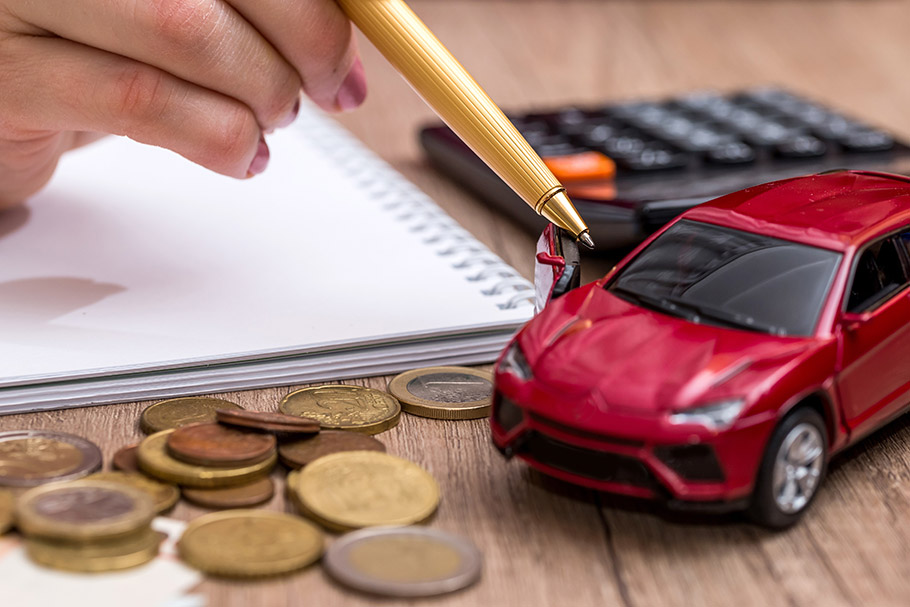Should You Buy Your Off Lease Car
 So, your lease is about to be up and you're trying to decide whether to lease another car, buy a different car, or keep the one you have. Well, if your plan to buy another car entails getting a used one, you might just be better off continuing with the one you have. After all, you'll never find a used car with which you'll be more familiar — right? However, that's just one of the things to ponder when you're wondering whether you should buy your off lease car.
So, your lease is about to be up and you're trying to decide whether to lease another car, buy a different car, or keep the one you have. Well, if your plan to buy another car entails getting a used one, you might just be better off continuing with the one you have. After all, you'll never find a used car with which you'll be more familiar — right? However, that's just one of the things to ponder when you're wondering whether you should buy your off lease car.
What's the Car Worth?
The vehicle's residual value was established when you signed the deal. The primary determinant of how much you paid, the residual is what the leasing company expected the car to bring as a used model when they liquidated it at the end of your lease. Sometimes they get that number dead on, other times they're a bit too high or a bit too low. If the estimate was too low and you can buy the car for less than its fair market value, doing so is certainly worth considering.
What's the Car's Condition?
This one can be a double-edged sword. If you did everything the way you were told you should and the car is in pristine condition, buying it could be a good move — especially if the residual value is artificially low. On the other hand, if you flat dogged the ride and it shows, you'll be required to pay for every little thing the inspector finds wrong at the end of the lease. In this instance, it might add up to what you'd pay to just keep the car — in which case you probably should. On the other hand, it could go either way if you're somewhere in the middle of those two extremes.
Mileage Matters Too
The accrued mileage comes into play along with the overall condition of the car when it comes to determining its true value at the end of the lease. In most cases, your lease contract requires you to keep the mileage at or below 12,000 miles per year on mainstream cars and 10,000 miles per year on luxury cars. You'll be required to pay $.25 for each mile over the agreed-upon amount if you exceeded your "mileage cap."
This can sometimes add up to more than it would cost to buy the car, or enough to make buying the car worth considering. However, this too can be a two-sided coin. If your mileage is far below what you agreed upon, you might well be in a position to get a great deal on an extremely low mileage used car. This is a very real consideration when you're contemplating whether to lease or buy a car.
Buyouts Are Negotiable
The leasing company will have to pay to prepare the car for resale or auction when you turn it in. The typical $350 disposition fee it charges covers some of this. However, conditioning a car can sometimes cost more. It is completely within the realm of reason to offer the leasing company a lower price than the residual value to make the purchase.
Of course, you'll only know any of these things for sure if you ask.
If you're going back and forth over whether you should buy your off lease car, it never hurts to get in touch with an agent of the leasing company to see if you can negotiate a lower purchase price. After all, you'll be saving them a lot of trouble and expense. They might be willing to pass that on to you in savings if you decide to keep the car.










